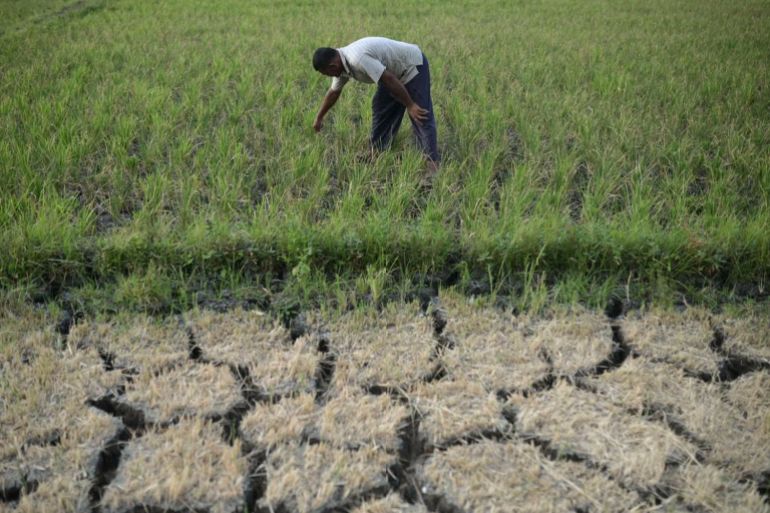A team of international scientists has identified a number of foods that have seen price increases as a result of extreme climate events since 2022, including South Korean cabbage, Australian lettuce, Japanese rice, Brazilian coffee, and Ghanaian cocoa.
In April 2024, the study cites a 280 percent increase in global cocoa prices following a heat wave in Ghana and the Ivory Coast, as well as a 300 percent increase in lettuce prices in Australia following floods in 2022.
In the majority of cases, prices increased quickly following heatwaves, with increases of 70% for cabbage in South Korea and 48% for rice in Japan, and 81 percent for potatoes in India in early 2024.
Other price increases were related to drought, such as the one that occurred in Brazil in 2023, which came before the global coffee prices rose by 55% the following year, and the one in Ethiopia in 2022, which occurred before overall food prices there rose by 40% in 2023.
Prior to the United Nations Food Systems Summit, which Ethiopia and Italy will co-host from July 27 to July 29, the research was released by six European research organizations along with the European Central Bank.
The report’s lead author, Maximillian Kotz from the Barcelona Supercomputing Center, stated in a press release that “extreme weather will only get worse until we get to net zero emissions, but it already hurts crops and raises the price of food all over the world.”
People are beginning to notice that rising food prices are second only to extreme heat in terms of the number two climate impacts they experience in their lives, Kotz continued, noting that low-income families are frequently the ones who are most affected when “the price of food shoots up.”
The report comes as many voters have been paying attention to the cost of living, including food affordability, as well as the cost of food, in recent years, including in Japan, where the cost of rice was high as many voters were planning to vote this weekend.
In the United States and the United Kingdom, respectively, in 2024 and 2023, and in Argentina, respectively, were key election issues.

According to one of the report’s co-authors, Amber Sawyer from the Energy and Climate Intelligence Unit (ECIU), “climate change added £360]$482] to the average household food bill in the UK over the years 2022 and 2023 alone.
Following extreme rainfall that scientists claimed was made worse by climate change, the UK had its third-worst arable harvest on record, and England had its second-worst, respectively.
Governments have committed to reducing the global emissions that are causing the climate crisis by 2.6% between 2019 and 2030 in accordance with the UN Framework Convention on Climate Change (UNFCCC).
However, these commitments fall far short of the reductions that scientists claim are necessary to maintain the Paris Agreement’s goal of limiting global temperature rises to 1.5 degrees Celsius (2. 7 degrees Fahrenheit).
Source: Aljazeera

Leave a Reply